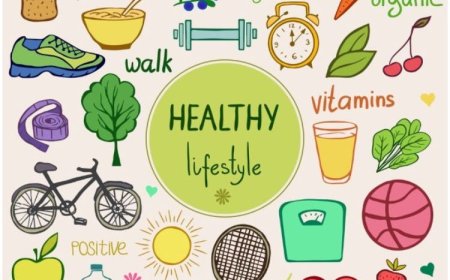Understanding Energy
Before we delve into the specifics of energy-boosting foods, it's essential to understand the science behind energy metabolism. Our bodies convert the food we consume into energy through a complex process involving macronutrients such as carbohydrates, proteins, and fats. Carbohydrates are the primary source of energy, providing a readily available fuel source for our cells. Proteins and fats also play crucial roles in energy production and storage, providing sustained energy and supporting overall health.
The Power of Nutrient-Rich Foods
Not all foods are created equal when it comes to energy levels. While sugary snacks and caffeinated beverages may provide a temporary energy boost, they often lead to crashes and fatigue later on. Instead, focus on nutrient-dense foods that provide a steady supply of energy without the highs and lows associated with refined sugars and processed foods.
1. Whole Grains:
Whole grains such as oats, quinoa, and brown rice are excellent sources of complex carbohydrates, which are digested more slowly, providing a steady release of energy. These foods also contain fiber, which helps regulate blood sugar levels and promotes feelings of fullness, preventing energy crashes.
2. Lean Proteins:
Incorporating lean proteins such as chicken, fish, tofu, and legumes into your meals can help stabilize blood sugar levels and keep energy levels consistent throughout the day. Protein-rich foods also provide essential amino acids needed for muscle repair and maintenance, supporting overall vitality and stamina.
3. Healthy Fats:
While fats have long been demonized in the diet, the truth is that healthy fats are essential for energy production and overall health. Sources of healthy fats include avocados, nuts, seeds, and olive oil. These foods provide a concentrated source of energy and help support brain function and hormone production.
4. Fruits and Vegetables:
Rich in vitamins, minerals, and antioxidants, fruits and vegetables are essential for maintaining energy levels and supporting overall health. Opt for a colorful variety of fruits and vegetables to ensure you're getting a wide range of nutrients. Leafy greens, berries, citrus fruits, and cruciferous vegetables are particularly rich in energy-boosting nutrients.
5. Hydration:
Last but certainly not least, staying hydrated is crucial for maintaining energy levels throughout the day. Even mild dehydration can lead to feelings of fatigue and lethargy. Aim to drink plenty of water throughout the day, and consider incorporating hydrating foods such as cucumbers, watermelon, and celery into your diet.
Putting It All Together
Incorporating energy-boosting foods into your diet doesn't have to be complicated. Focus on building meals around whole, nutrient-rich foods, and aim for a balance of carbohydrates, proteins, and healthy fats at each meal. Experiment with different combinations of foods to find what works best for your body and energy needs.
Remember, consistency is key when it comes to eating for energy. Making small, sustainable changes to your diet over time can lead to significant improvements in your energy levels and overall vitality. By fueling your body with the nutrients it needs to thrive, you'll not only feel more energized but also support your long-term health and well-being.
























































































